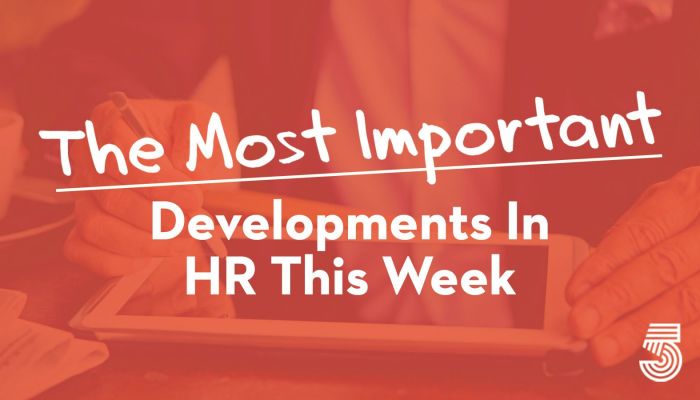The M.I.D., as we call it, is curated by our editorial team from more than 50 news sources. Like a lot of good ideas, this started as something I wanted for myself. If I can’t read everything, I at least want to stay abreast of the most important developments.
This week in HR, it was all about WFH. Workers worried the WFH window was closing, Gen Z said they never want to work in an office, remote workers tended to not take PTO and get burned out as a result, and we learned tactics for just saying no to overwork along with ways to future-proof our jobs.

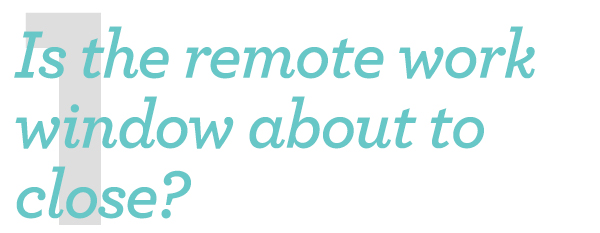
More people are applying for remote jobs amid concern that office recalls could reduce home-working opportunities. Are they right to rush? The newfound flexibility many workers experienced amid the pandemic has made an indelible mark. The ability to better balance work and life as well as ditch the commute has been a hugely positive side effect of a chaotic time — and now, millions of employees refuse to go back. In the U.S., 50% of all job applications submitted via LinkedIn in February 2022 were for positions that offered some home-working — marking the first time that remote jobs had attracted the majority of applications. In April, when Airbnb announced its new “Live and Work Anywhere” policy, allowing almost all staff to work from anywhere in the country where they’re based without any salary change, the home-rentals platform saw a deluge of interest from job seekers: 800,000 visits to its careers page in the week after the announcement. BBC

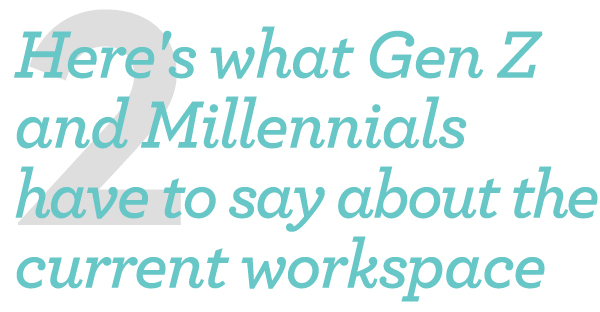
For many, graduation is just around the corner, which means a new wave of Generation Z is about to enter the workforce. To that end, Indeed conducted a survey of 1,001 18- to 41-year-olds to understand how attitudes in and toward the workplace differ between millennials and Generation Z. 82% of Generation Z said they have never worked in an in-person office environment full-time. Of those, a large majority would not consider working in-office — 87% say the benefits of working from home outweigh the perks of going into an office full-time. 94% said they would not take a job that required them in-office full-time and 88% said that they would quit their current job if asked to attend in person. Of the 39% of millennials who have never worked in-person full-time, the majority would not be willing to take or keep a job that asked them to work in person — 89% say the benefits of working from home outweigh the perks of going into an office full-time. 84% said they would not take a job that required them to attend in person full-time and 60% said that they would quit their current job if asked to attend in person. Indeed

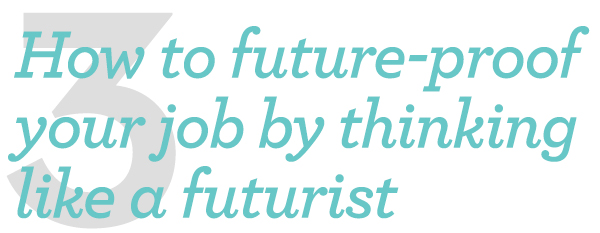
Sixty percent of Americans are worried that automation is putting jobs at risk, and 39% think their own job will be obsolete within five years, according to PwC’s Hopes and Fears survey. New positions that may not exist today, however, will replace some of the jobs that will be lost to AI. But, if your job is at risk, it’s a good idea to have plan B in place now so you can seamlessly transition and stay relevant. “The only thing we can predict is the unpredictable,” says Scott Steinberg, author of Think Like a Futurist 2022: The Next Normal. “Things tend to move fast and change from week to week at this point, and there will be many next ‘normals.’ Even when many events are outside your ability to control, you can always steer things toward a more positive outcome.” The first thing is to gain situational awareness. It should raise major red flags if your job is easily reduced to a description on paper that anyone could do, or consists of routine tasks that can be done by technology. If this is the case, future-proof yourself with the following strategies. Be irreplaceable. Stretch your skills. Be open to lateral or even backward moves. Fast Company

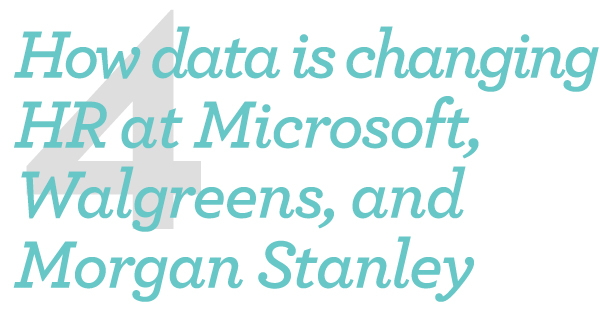
Tech-savvy HR leaders at Fortune 500 companies have been turning an eye to their copious people data to drive real transformation inside their organizations. For some, the insights into their people data were bracing and revealed harsh truths. For others, it shone a light on ways to improve performance and outcomes. According to Microsoft’s head of people analytics, Dawn Klinghoffer, the results of the software giant’s data analysis were not pretty, but they ultimately led the company to make significant HR changes, including its recent shift away from employee engagement toward “employee thriving.” “We consider [employee engagement] to be a lower bar than thriving,” she says. “Thriving means being energized and empowered to do meaningful work.” Along with daily pulse check-ins of 2,500 employees and long-form surveys, Microsoft began analyzing employee sentiment over its email and collaboration tools to gauge the mood of workers as the global pandemic upended daily work routines and made remote work a reality. Microsoft’s global employees who worked remotely were showing clear signs of burnout and productivity was taking a hit. Microsoft’s HR leaders made a connection: Employees working remotely were not taking paid time off even in the early days of the lockdown. HR Executive

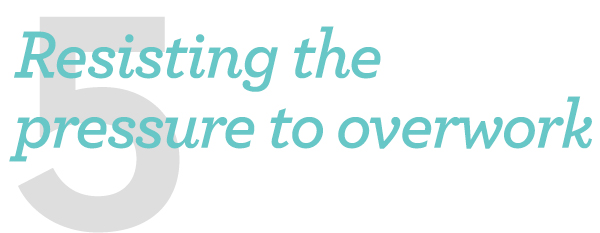
Few of us want to overwork. Even when our jobs feel meaningful, we’d prefer to work to live, not live to work. We benefit from also devoting time to other interests and hobbies, family and friends, leisure, and learning not related to our professions. Those are meaningful to us too. Still, it’s easy get sucked (or suckered) into working too hard. To avoid this, you’ll need well-articulated strategies. Try these. Understand that overwork is not necessary for success. Be clear on your values. Reject hustle culture. Instead, focus on deeper goals and your craft. Learn from role models. Ignore requests for overwork. Here’s a very basic law of psychology: When behaviors are reinforced, they increase. When you ignore them, you might see an “extinction burst” — a short-term rise in the problematic behaviors — but then they will stop. For example, if a colleague emails you after-hours and you reply, you’re encouraging more work at night. The sender will ask for more — from you and everyone else. If you instead ignore inappropriate attempts to push you to overwork, the person may for a short period of time try frenetically and in more manipulative ways to get you to comply — the extinction burst — but then they’ll adapt. People are wired to learn. HBR







